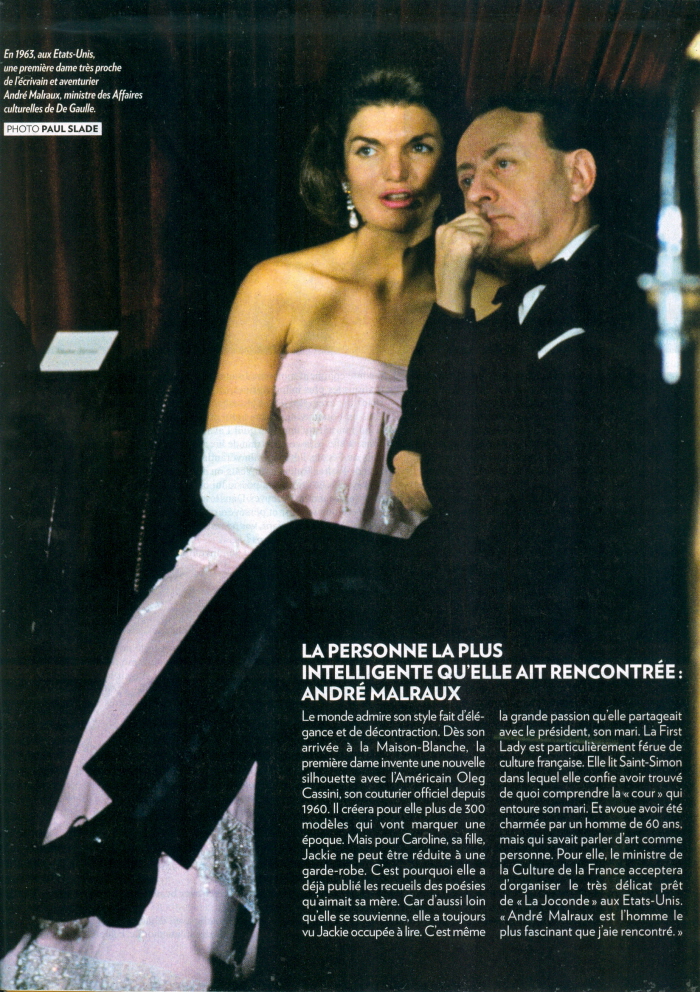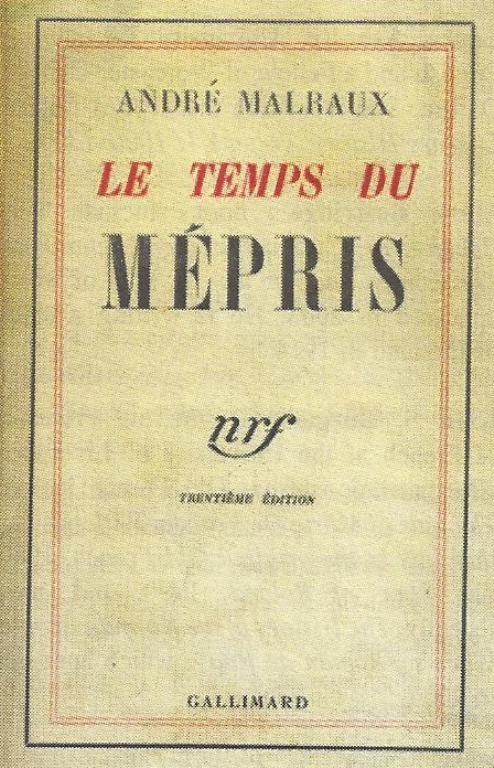Man of
action
Perambulatory
Christmas Books, 6th series.
In recent
years, it has been our custom in autumn and early winter to find each
week a neglected
book or curiosity by an established author, purchased from a
second-hand book-shop,
to ward off Christmas gift-book blues.
The price
guide is £5, but we might burgle the piggy bank for an extra quid or
two if the
need arises. All books are bought to be read. First, some remarks.
Second-hand
bookshops have been assumed to be in danger for several years now, with
reason.
New York friends lament the disappearance of neighborhood favorites.
Abebooks
can supply most things at the click of a mouse. Many people find
convenience in
e-books and e-readers, and if they are happy, we're happy too. It makes
us even
happier to report that all the shops we mentioned last year (sixteen)
are still
in business. A book is a book is a book. You cannot own an ebook. It
has no
aesthetic properties: no ornamentation, no weight, no smell; in short,
no character.
It offers no choice between nice-to-handle and that experience's
opposite. It
does not furnish a room.
We began our
perambulations, as usual, in the Charing Cross Road area, London's
book-town.
Cecil Court continues its bijou existence, hosting several specialist
shops,
dedicated to cars, theatre, gambling, etc. It is also home to one of
our
regular haunts: Peter Ellis, at No 18 - rather, our haunt is the
pavement
outside, where stands a barrow with assorted books at modest prices.
Last week,
as the nights began to draw in, we lighted on Days of Contempt by Andre
Malraux, just the kind of
thing we like: something unfamiliar by
someone
familiar. The dedication is unexpected: "To the German comrades,
who
were anxious
for me to make known what they had suffered and what they had upheld".
Malraux (1901-76) was, par excellence, the writer
as man of action (a species in graver danger than the book). He
was a
revolutionary, fought in Spain, served as de Gaulle's Minister of
State, wrote
books on art. As the author of Man's Fate (La
Condition humaine), Malraux would once have been mentioned in the
same
breath as Gide, Mauriac, Sartre, Duras; but his other novels are scarce
now. Days
of Contempt (Le Temps du mépris) was written
in 1935, two years after Man's Fate.
The German dedicatees are early
communist victims
of the Nazis. Hitler is mentioned in the second sentence. A comrade,
Kassner,
is about to be interrogated. "Across the table sat the Hitler official.
He
was true to type: heavy jaws, square head, close-cropped hair .... "
Things get
bad for Kassner before they get better. Both he and his creator,
however, believe
they can only get worse for the forces of reaction: "This [Nazi]
government has to reckon with foreign public opinion ... ". It turned
out
not to be that simple.
In 1936, the
TLS described Days of Contempt
(translated by Haakon M. Chevalier) as
"very
short, very simple, very moving", an "epic that deserves high
praise". For our Gollancz Left Book Club Edition, tightly
stitched in
the
usual orange cloth, Peter Ellis charged us £3. We put what was left of
our
budget towards a copy of the original, ordered by post from Cornfield
Books of
Brighton (£5), mainly for the pleasure of displaying the cover. In the
year of
original publication, it had reached its "trentième edition".
Sổ Tay Văn Học
TLS, Oct 5, 2012, đọc lại “Thời Miệt Thị”,
của Malraux, nhân mùa Giáng Sinh năm nay.
Cùng trong Sổ Tay, là 1 entry về những
từ “cà chớn”, trong có từ “asshole”, mà người viết cho rằng, xuất
phát tại
Paris, giữa đám GI, khi Mẽo giải phóng thành phố, do động từ "ngồi" của
Tẩy, s’asseoir”: “asseyez-vous”, mời Ngài ngồi!
Bài này,
theo server, cũng đang "hót":
"Phận Người"
Đà sáng tạo,
creative impetus, của Malraux không chỉ thu gọn vô những cuốn tiểu
thuyết. Nó
còn xùi, suffuse, vô những tiểu luận [GCC thú nhất bài ông viết về
Sanctuary của
Faulkner: Khi Faulkner mang đứa con hư của mình trình làng văn Tây,
André
Malraux phán, đây đúng là, "đưa tiểu thuyết trinh thám vô trong bi kịch
Hy
Lạp", và khi Borges nói dỡn chơi, rằng những tiểu thuyết gia Bắc Mỹ đã
biến
"sự tàn bạo thành đức hạnh", chắc chắn, ông ta có trong đầu lúc đó,
cuốn Giáo Đường của Faulkner. (1)], và những tác phẩm có tính tự thuật,
một số
trong đó – như Phản -Hồi ký, và Những cây sồi mà người ta đốn, Les
Chênes qu’on
abat [Felled Oaks: Chuyện trò với De Gaulle – có sức mạnh cực dẫn dụ,
overwhelming persuasive force, nhờ dòng văn xuôi thần sầu, những câu
chuyện được
kể hớp hồn, và quấn quít trong đó, là những nhân vật được miêu tả, và
họ không
có mặt theo kiểu liệt kê chi tiết, thông báo sự kiện, người thực việc
thực, mà
là những kỳ tích của nghệ thuật dẫn dụ, art of persuasion.
Thử đọc cuộc
lèm bèm giữa Malraux và De Gaulle, trong cuốn chót của bộ sách, ở
Colombey-les-deux-églises, ngày 11 Tháng Chạp 1969. Đúng thứ tiểu sử
của những
vĩ nhân chính trị, mà tôi rất tởm, và nếu 1 ông Tẩy viết ra thì lại
càng tởm,
vì mấy đấng này, lòng ái quốc chỉ thua có mấy anh Mít, cựu thuộc địa
của mấy ảnh,
viết về Bác Hồ!
Tuy nhiên, mặc
dù thiên kiến, lòng dạ đầy thù hằn như thế, vậy mà khi đọc, tôi phải
gật đầu
bái phục: đúng là cuộc nói chuyện giữa "đỉnh với đỉnh", between two
monuments, hai vĩ nhân lèm bèm như là những vĩ nhân trong những cuốn
sách vĩ đại,
who speak as only people in great books speak, với 1 sự đồng điệu, hài
hòa liên
chi, with unremitting coherence, và sáng chói, chúng phá vỡ mọi thiên
kiến, mọi
phòng ngự, thủ thế của tôi, không những thế mà còn làm tôi choáng, vì
cái tôi
huyênh hoang bốc phét, tự cao tự đại khùng điên của nó, và làm cho tôi
tin ở
cái sự cà chớn mang tính tiên tri mà hai vĩ nhân an ủi lẫn nhau, the
prophetic
nonsense with these two brilliant interlocutors consoled themselves:
rằng, nếu
đếch có De Gaulle, Âu Châu tan ra từng mảnh, và nước Pháp, ở trong tay
một lũ
chính trị gia tồi sau De Gaulle sẽ đưa nó xuống đáy địa ngục. Nó dụ
khị, chứ
không phải làm cho tôi tin tưởng, it seduced me, not convinced me, phải
nói như
thế.
Và bây giờ, ở
đây, tôi giải thích, rằng, cuốn Felled
Oaks quả đúng là 1 cuốn “huy hoàng đáng
ghét”, a magnificent detestable book.
Bỗng nhớ...
NMG.
Có lần ông chủ của GCC than, cứ mỗi lần ông cho nhân vật, gáy, lên lớp,
thổ ra
vài thứ triết lý, cách ngôn, minh triết... về phận người, thí dụ,
là cảm thấy ngượng
miệng!
Ui chao Malraux là bậc
thầy của những câu như vậy, Nhưng để nói ra, ông
đòi nhân vật phải “sống bằng cái chết” của nó.
Cả 1 cuốn "Con đường vương
giả", là chỉ để cho Perkin, nhân vật chính, phán, chỉ có mỗi 1 câu:
"Làm
đếch gì có cái
chết, mà chỉ có ta đang
chết"
Nghệ thuật làm dáng


